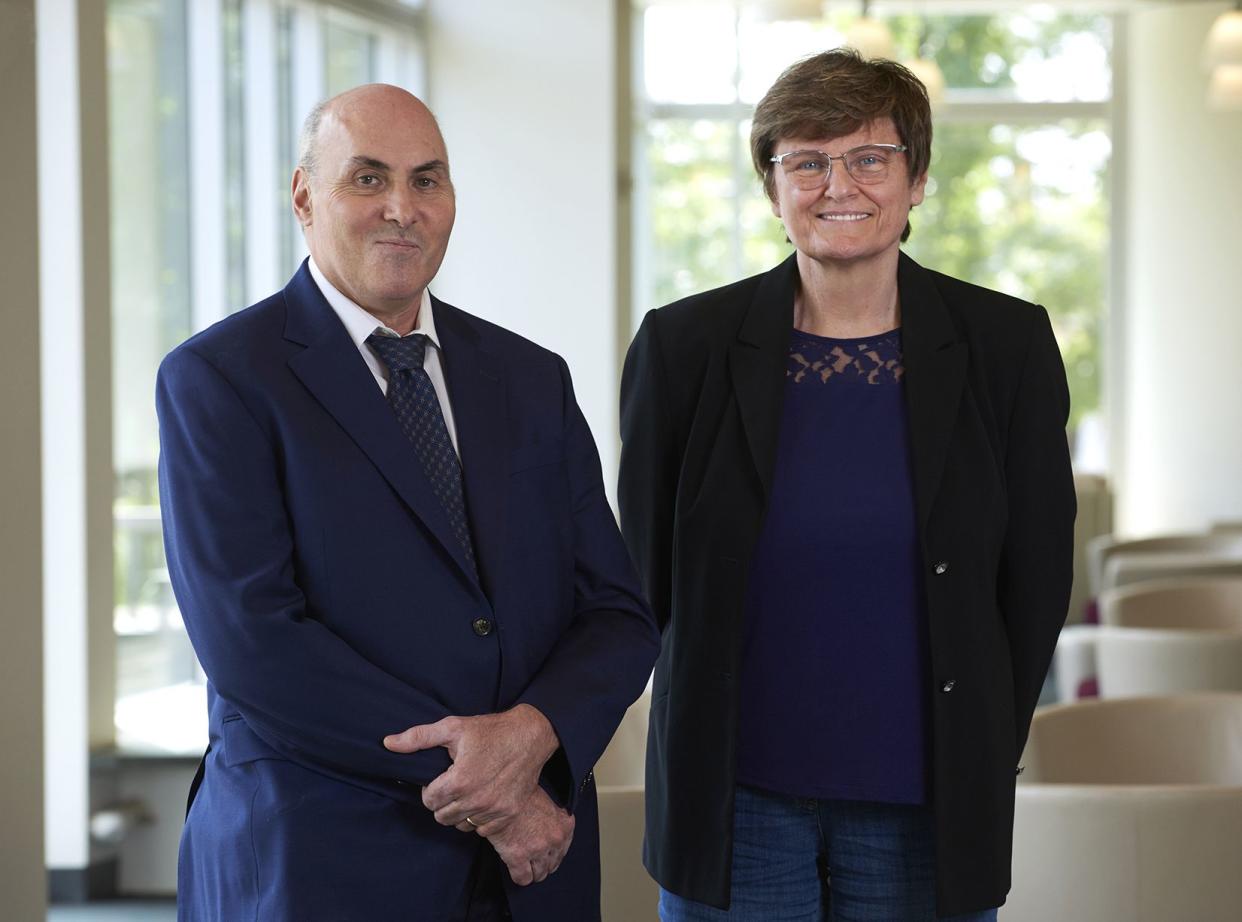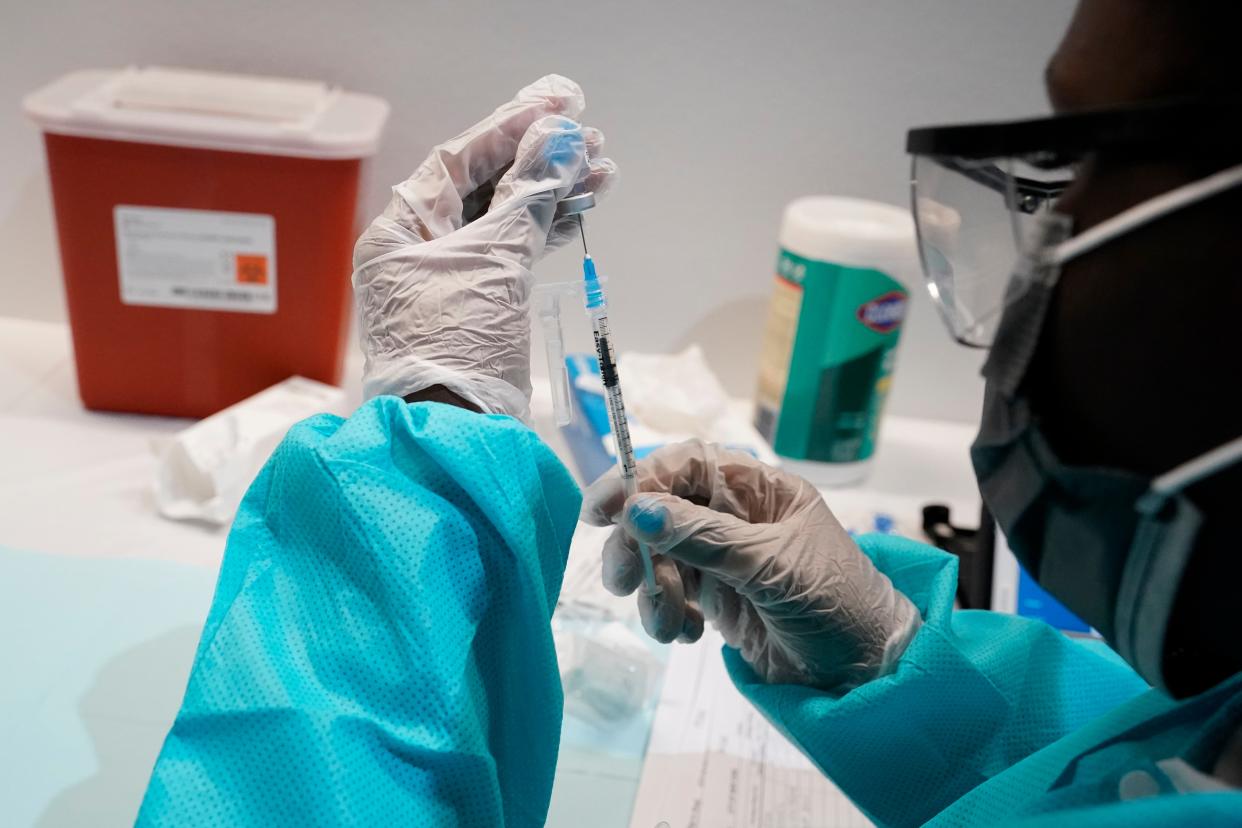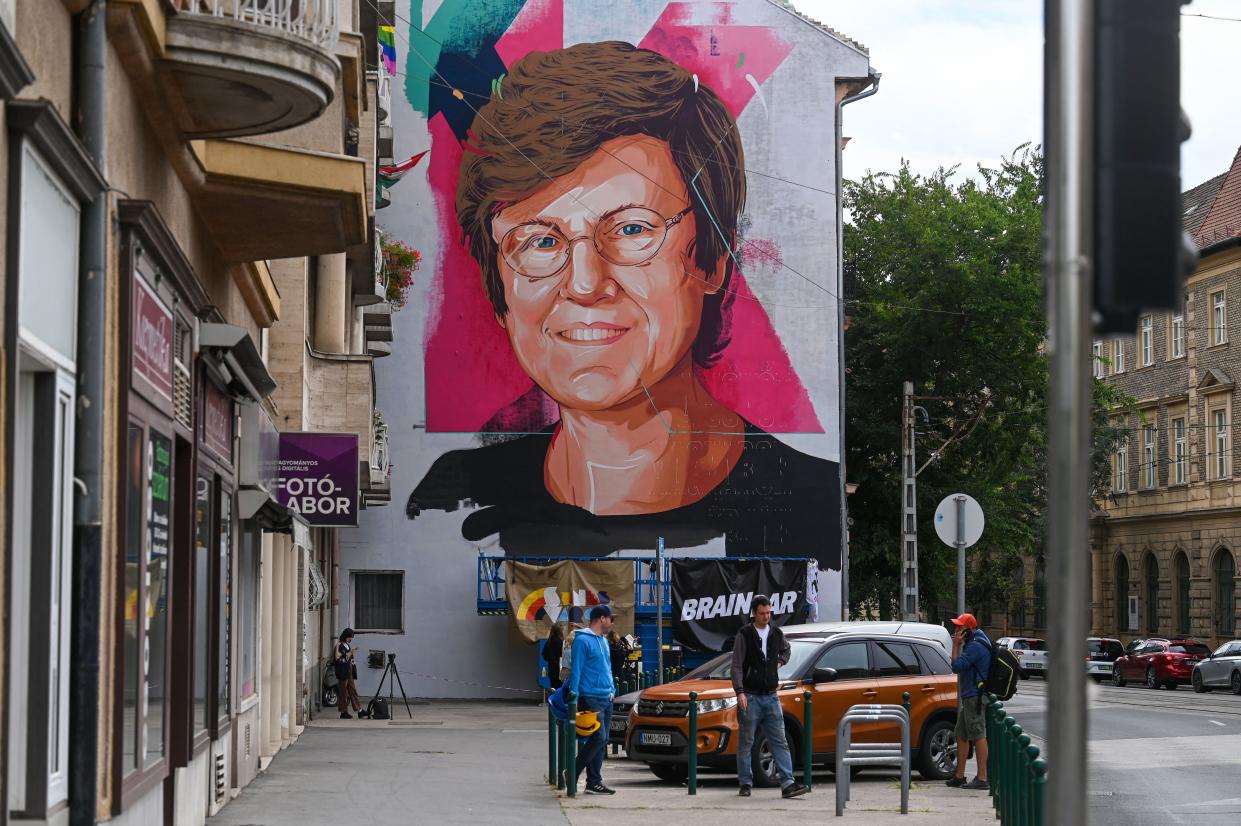COVID vaccine pioneers miss out on Nobel Prize in medicine — for now
Two scientists whose research contributed to the development of COVID-19 vaccines missed out on the latest Nobel Prize in medicine, which on Monday was given to two U.S.-based professors for their work on heat and touch.
American Drew Weissman and Hungarian-born Katalin Kariko — who worked closely together to understand the benefits of messenger RNA, or mRNA — were among the front-runners for the prestigious award as many admirers saw them as the heroes behind two of the world’s most successful coronavirus vaccines.
Both Pfizer and Moderna used mRNA technology to create a new type of vaccine that teaches cells how to make a protein that triggers an immune response against the virus. The approach was so successful that pharmaceutical companies are now planning to use the same technology for other vaccines.
The Nobel Committee traditionally takes years, if not decades, to honor scientific achievements, but some critics were still disappointed by the panel’s decision to give the award to two scientists whose work had nothing to do with the ongoing pandemic.

“I’m sure these people made exceptional contributions. But this was really the year to give the Nobel to Katalin Karikó and colleagues for laying the groundwork for mRNA vaccines,” Dr. Vicky Foster, a cancer research scientist, wrote on Twitter.
“This selection is a black eye to those women and the world as a whole,” Dr. Steven Hobbs, a professor of biology at Howard College in Texas, told British newspaper i.
“Vaccine research has also been going for 40 years. Women are often either ignored or not considered. There are brilliant women scientists who deserve the honor but sadly are not awarded,” Hobbs added.
The 2021 Nobel Prize for Physiology or Medicine went to Brooklyn-born scientist David Julius, who teaches at the University of California at San Francisco, and Lebanese neuroscientist Ardem Patapoutian, a professor at Scripps Research Institute at La Jolla, California.

Their combined work over the years helped explain how heat, cold and touch can trigger signals in the human body that allow people “to perceive and adapt to the world around us,” according to the Nobel Committee.
Kariko and Weissman, who did their groundbreaking research at University of Pennsylvania, could still win a Nobel prize in the near future, or perhaps even this week. Ulrika Bjorksten, head of Swedish public radio’s science section, said the pair could be worthy of the Nobel Prize in chemistry, which will be announced Wednesday.
“It would be a mistake for the Nobel committee not to give the prize to the mRNA vaccine this year, even if it is a bit risky,” Bjorksten told Indian news outlet Mint.
Other experts believe it won’t be this time that Kariko and Weissman, who have already won multiple awards, will get a Nobel prize.

“I don’t think it will happen. I just think of the conservatism of the committee’s choice. Certainly they would be considered in future years but I’m doubtful for this year,” David Pendlebury, of Clarivate Analytics, a British company that publishes a list of likely laureates, told Mint.
“This technique will get the prize sooner or later, of that I am sure,” Ali Mirazami, a professor at the Karolinska Institute in Sweden, told Reuters. “The question is when.”
The next Nobel prize, to be announced Tuesday morning, will be for physics. The event ends Monday, Oct. 8, with the economics prize.
